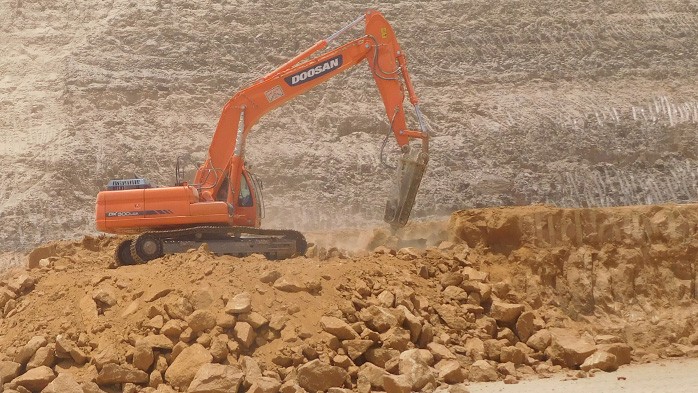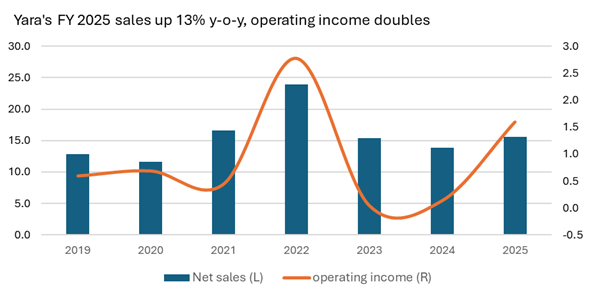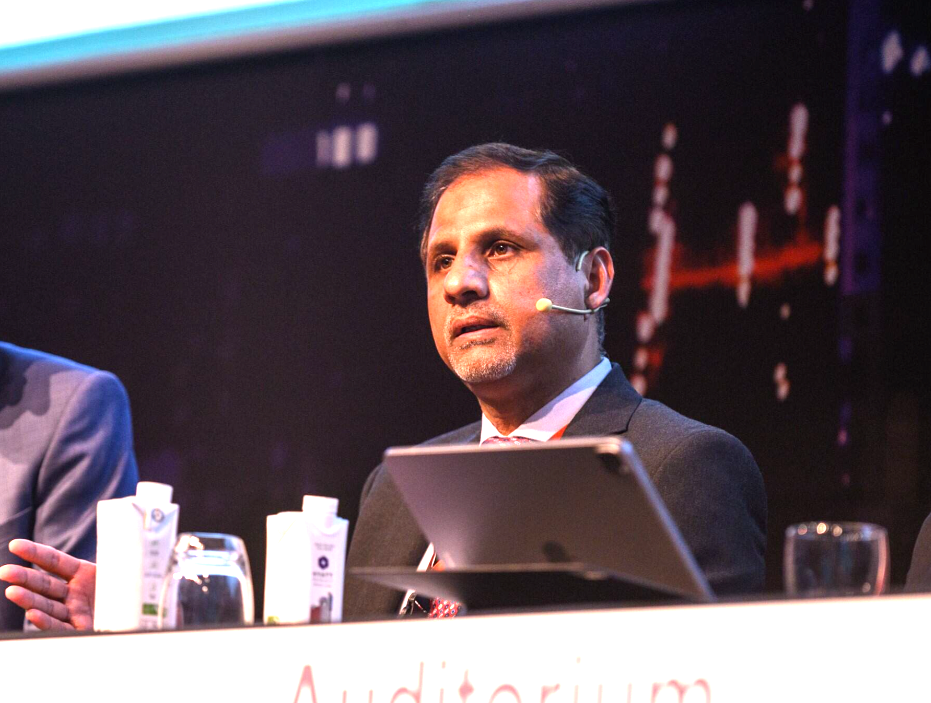Nitrogen+Syngas 395 May-Jun 2025

3 May 2025
Sustainability and digital services for Brunei Fertilizer Industries
thyssenkrupp Uhde has signed a 5-year framework service agreement with Brunei Fertilizer Industries, aimed at advancing digitalisation and implementing clean technologies in the fertilizer industry. Central to these efforts is the set-up and implementation of a digital twin, which will provide a virtual representation of the plant to enable real-time monitoring, predictive maintenance, and data-driven decision-making. This technology, together with specialized trainings, will allow BFI to enhance operational safety, reduce downtime, and achieve greater energy efficiency.
In addition to that, Uhde says that it will evaluate opportunities to reduce the carbon footprint of a potential second BFI fertilizer complex, ensuring that operations meet the highest environmental standards. This includes evaluating the feasibility of expanding into sustainable ammonia production such as incorporating blue ammonia by adding carbon capture technologies, and green ammonia derived from renewable energy sources.
Brunei Fertilizer Industries commented: “This agreement is a testament to the excellent cooperation between BFI and thyssenkrupp Uhde. Together, we are committed to driving innovation and sustainability in the fertilizer industry. The development of a digital twin and the exploration of low-emission ammonia projects are key steps towards achieving our environmental objectives.” BFI’s CEO, Dr. Harri Kiiski added: “Reducing our environmental impact is at the core of our efforts, particularly in improving the carbon footprint of our products. We are identifying strategies to cut emissions during production and transportation. With one of the most advanced plants globally, we inherently operate at a lower carbon footprint than older facilities, which typically average 50 years in operation.“
Nadja Håkansson, CEO of thyssenkrupp Uhde, commented: “We are proud to support BFI in its ambitious journey towards innovation and sustainability. By leveraging our technology and implementation expertise, we create lasting value for our customer and set new standards in operational excellence.”
The BFI plant was built by thyssenkrupp Uhde as a fully integrated fertilizer complex, and comprises an ammonia plant with a capacity of 2,200 t/d as well as a urea plant and a urea granulation plant, both with a capacity of 3,900 t/d.






